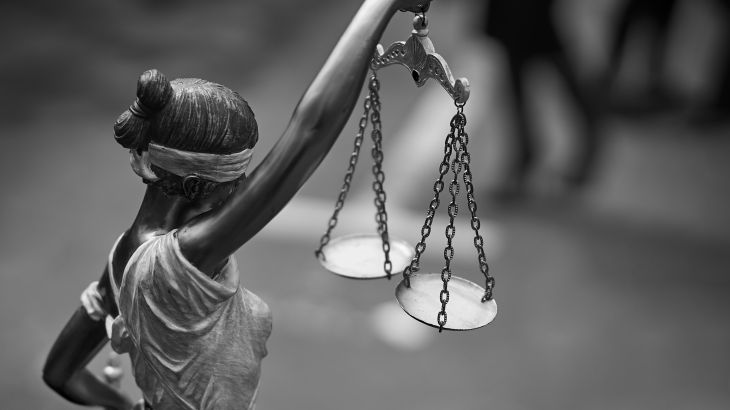
Jim Crow justice: Should non-unanimous convictions be overturned?
On Tuesday, October 5 at 19:30GMT:
The Sixth Amendment of the United States Constitution guarantees criminal defendants the right to a fair trial, part of which means verdicts must be unanimous. But that hasn’t always been the case when it comes to defendants in state-level trials.
Convictions have been handed down by non-unanimous juries by a 10-2 or 11-1 vote. Such convictions are the subject of a new investigative film by Al Jazeera’s Fault Lines.
Civil Rights advocates say non-unanimous jury convictions are a hangover from Jim Crow-era laws, which were state and local laws enacted to ensure racial segregation in the southern United States.
Most states have abolished the practice, with the exception of Louisiana and Oregon. But in 2020 the Supreme Court ruled that the Sixth Amendment applied to both federal and state court proceedings. Whether that ruling applies retroactively, however, is still the subject of debate.
In this episode of The Stream, we take a look at non-unanimous convictions, the racist history behind them and ask a panel of experts what recourse defendants have.
In this episode of The Stream, we are joined by:
Jamila Johnson, @justicespromise
Managing Attorney, Jim Crow Juries Project, Promise of Justice
Jason Williams, @RunWithJason
District Attorney, New Orleans
Nick Chrastil, @nchrastil
Criminal Justice Reporter, The Lens